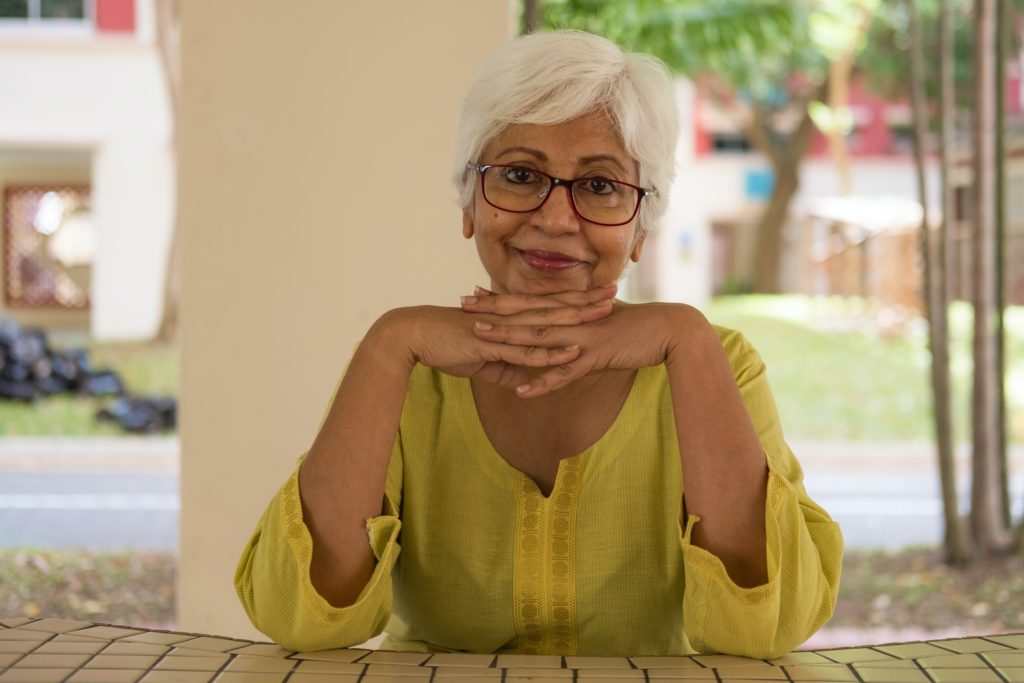If you are single, and die without a last will and testament, your assets will be distributed according to the laws of intestacy in your state according to The County 17 article entitled “Even ‘Singles’ Need Estate Plans” . Translation? Your assets would be distributed by the court according to your state’s intestate succession laws. That means it’s done without any regard for your wishes. Even if you don’t have children, you may have nephews or nieces, or even children of cousins or friends, to whom you would like to leave some of your assets. This might include not just money but also cars, collectibles, or family memorabilia. However, without a legal last will, there is no guarantee that these people will get what you want them to have.
If you want to leave something to family members or close friends, you will need to make this instruction in your last will. You also may want to provide support to some charitable organizations. You can just name these charities in your last will, but there may be options that could provide you with more benefits.
One is a charitable remainder trust. With this, you would transfer appreciated assets, like stocks, mutual funds, or other securities, to an irrevocable trust. The trustee, whom you’ve named (you could serve as trustee yourself) can then sell the assets at full market value, avoiding the capital gains taxes you’d have to pay if you sold them yourself, outside a trust. If you itemize, you may be able to claim a charitable deduction on your taxes. With the proceeds, the trust can purchase income-producing assets and provide you with an income stream for the rest of your life. At death, the remaining trust assets will pass to the charities you have designated.
Aside from family members and charitable groups, there’s a third entity that’s critical to your estate plans: you. You should make arrangements to protect their interests, but, in the absence of an immediate family, as a single person, you need to be especially watchful of your financial and health care decisions. As a result, as part of your estate planning, you may want to include these two documents: Durable Financial Power of Attorney and a Power of Attorney for Health Care.
A Durable Financial Power of Attorney lets you name a trusted individual to manage your finances, if you become incapacitated. This is especially important for anyone who is single. If you become incapacitated, your Power of Attorney for Health Care lets you name another person, called an Agent, to legally make health care decisions, if you are unable to do so.
Estate planning decisions can be complex, so you’ll need help from an experienced estate planning attorney. While you may not have an immediate family, you still need to take steps to protect your legacy.
Reference: County 17 (May 24, 2021) “Even ‘Singles’ Need Estate Plans”




